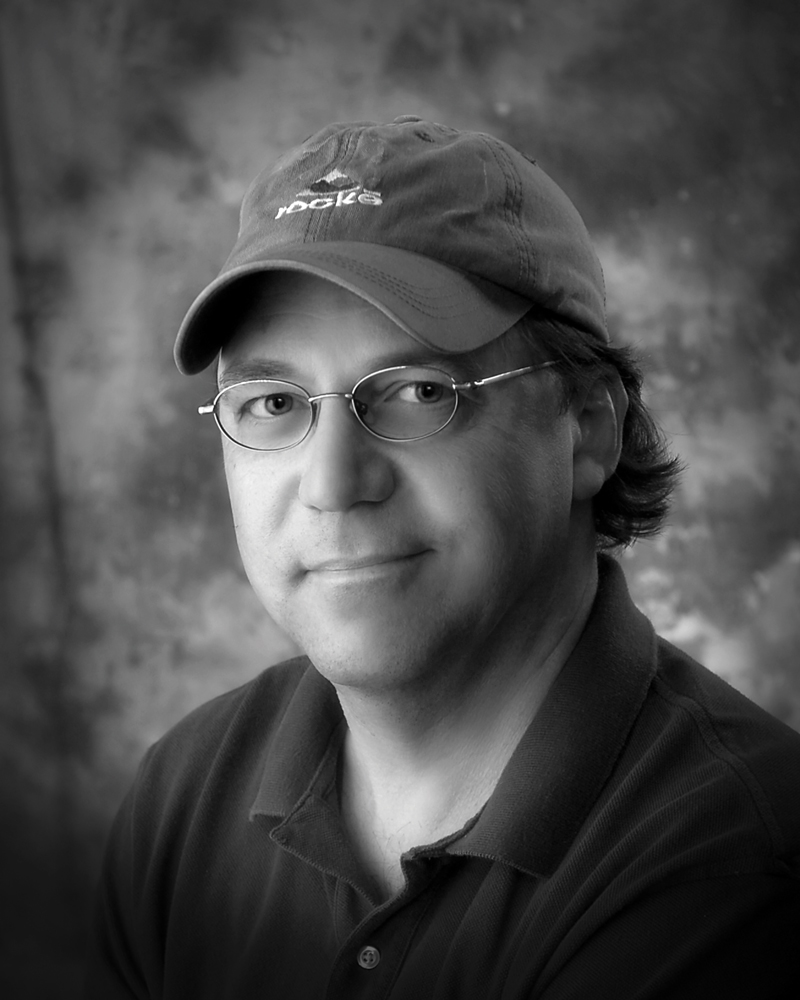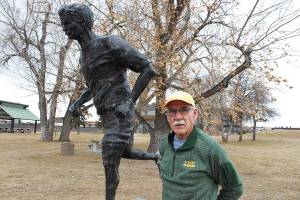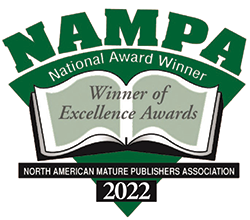Russell Rowland was born the same year the Braves won their only World Series—when they were still a Milwaukee team. I mention this because Milwaukee is famous, but for something other than baseball, as Jerry Lee Lewis so soulfully sang in his 1968 chart topper, “What Made Milwaukee Famous (Made a Loser Out of Me).” And I mention those two facts in tandem because Russell Rowland wrote a fine novel about booze and baseball, called High and Inside (Bangtail Press, 2015).
He was born in Bozeman, where his father happened to be going to MSU to earn his Education degree. As a small child, Russell moved around a lot with his family because his father took teaching jobs in rural places, like Thermopolis, Wyo., and Roberts, Mont. But when he was 10 years old, his father decided he’d rather be a ranchhand than a schoolteacher, and he moved the family to a ranch in southeastern Montana for a two-year stint that left an enduring impression on Russell.
“A novel I’ve just finished, called The Difference Between Us, is set in that two-year period,” he told me. “It was a horrible couple of years for us because my mother had grown up on a ranch and never wanted to go back to that life, and the locals, who had been working that ranch for years, now had to answer to a schoolteacher. It was tough.”
Consequently, the family relocated to Billings, where Russell finished grade school and then graduated from high school. And while he has returned to Billings where he has lived for more than a decade, at 18 he couldn’t wait to get out: “I went to college at Pacific Lutheran in Tacoma for music education.”
But becoming a music teacher never panned out. Nevertheless, the music led him down the first of his life’s many adventures: for several years he worked as a nightclub piano man. “I played some in Seattle, but when I’d come home, I’d play at the old Rex Hotel and other clubs in Billings. Played a lot of Billy Joel, actually, and Elton John.”
In 1986, his life switched tracks again. He joined the Navy and around that time also decided he wanted to write, having developed an affection for Raymond Carver’s brilliant short fiction. “I wanted to do something like that,” he said, “and while I was stationed in New London, Conn., I took some creative writing courses with Blanche Boyd at Connecticut College.”
That experience proved instrumental to the life he leads now as a full-time writer of both fiction and non-fiction. But he decided he needed a more thorough apprenticeship, so he applied to Master’s programs in creative writing—two of them, in fact: The University of Montana, and Boston University. “I got into both,” he reported, “but I had always wanted to live in Boston, so I went there, starting in 1990, one month after I got out of the Navy.”
In graduate school he wrote what would be his first published novel, a best-seller published by Harper called In Open Spaces. The book came out in 2002, 11 years after he wrote it.
Rowland would be among the first to tell you that the publishing industry is often disheartening, but like most successful writers, he has an unshakeable faith in what he does and proves that persistence pays off. During the decade between writing In Open Spaces and publishing it, Rowland worked for The Atlantic Monthly, gaining more insight into writing and editing and the publishing world.
In 2007, he moved back to his hometown and devoted his energy to writing full-time. He wrote a sequel to his hit novel, called The Watershed Years (Riverbend, 2007), and then started polishing up his baseball book, High and Inside, which was actually among the first novels he had written.
It focuses on a retired baseball star with a drinking problem who moves to Bozeman, to sort out his life, a move with a series of unanticipated complications. The novel connects two subjects Russell Rowland takes a serious interest in: the joy of baseball and the challenge of sobriety.
Along the way, Rowland worked on several other projects that helped establish him as a critical voice in Western literature, including the groundbreaking work, West of 98, a collection of writers’ views on what “the West,” and what living in the West, means. Co-edited with Lynn Stegner, the book offers a wide range of insights about the desolation of the West and its rewards and the particular challenges facing those who choose to write about this vast region of the country.
That experience no doubt set him on the path of writing about his beloved home state of Montana, Fifty-Six Counties, which more than one critic has compared favorably to Joseph Kinsey Howard’s classic book, High, Wide and Handsome. A local best-seller, the book chronicles Russell’s ambitious road trip around his home state wherein he visited each one of its 56 counties and talked with locals to get a sense of what it means to be Montanan in every one of its diverse localities.
If you’ve not read it yet, you should. It offers one of the most readable and engaging and comprehensive overviews of the state you’re likely to find outside of Howard’s book. One reason for the book’s success is that Russell has an ability to connect with people that many writers lack: he meets people where they are and knows how to elicit from otherwise ordinary folks what it is about them that makes them special and interesting.
After wandering the country for 40 years, Russell has landed back in Billings, where he devotes himself to writing. “I’m a little surprised that I’m still here in Billings,” he admited, “but this city has come a long way since I was a kid.”
He pointed to the diverse restaurant options, for example, and the vibrant arts scene. “In 1969, this town had one Chinese food restaurant,” he pointed out. “Now we have sushi, an Indian restaurant, The Fieldhouse Café. And the arts and writing community here is amazing.”
What’s next for Mr. Rowland? He’s got a couple of novels in the pipeline, an idea for a collection of literary criticism on the West, and he’s developing a radio show that will look at Montana writers and the West. “One of the things I think about a lot,” he commented, “is that there are a lot of writers in Montana who don’t get much attention—their books don’t get reviewed or talked about, and there’s so much great stuff out there.”
Talking about all of these subjects dear to his heart seems to be a part of his life’s mission: he travels all over Montana, reading from his books, presenting at festivals, but often just talking or reading from his essay on “Masculinity and the West,” for example. His approach to literature, like life, seems to be conversational. He likes to talk about stuff.
In fact, a good part of the material for this profile came from our casual conversation as we watched game six of the World Series together last week in Helena.
“I love baseball,” he said. “I mean, look at Altuve [Jose Altuve]. He’s like five-foot-five and the best player on the team.”
But that’s Russell Rowland, always rooting for the little guy. MSN












